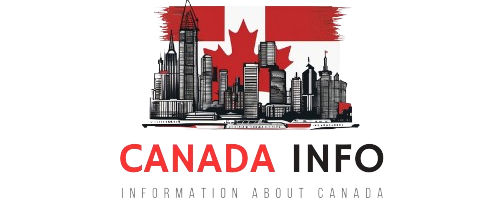Evolution of Canadian Arts and Culture Throughout the Ages: From Traditional to Contemporary Art
Canada, a land of vast landscapes, diverse cultures, and rich history, has undergone significant evolution over the centuries. From its indigenous roots to its modern-day identity as a multicultural nation, Canada’s development reflects a tapestry of influences and experiences. In this article, we explore Canada’s journey of evolution, its renowned attributes, the presence of Indigenous peoples, and the origins of its populace.
Evolution of Canada:
Canada’s evolution is marked by a series of transformative events, from early indigenous civilizations to European exploration and colonization. Indigenous peoples, including First Nations, Métis, and Inuit, inhabited Canada for thousands of years before the arrival of European settlers. The interactions between indigenous communities and European explorers, traders, and settlers shaped the country’s cultural landscape.
The establishment of permanent European settlements, particularly by the French and British, led to the emergence of distinct colonial identities. The British North America Act of 1867 laid the foundation for Confederation, uniting several provinces into the Dominion of Canada. Over time, Canada expanded westward, negotiated treaties with indigenous peoples, and experienced waves of immigration, contributing to its demographic and cultural diversity.
The 20th century witnessed Canada’s emergence as an independent nation, with significant developments in governance, social policy, and international relations. From its contributions to both World Wars to its pursuit of multiculturalism and bilingualism, Canada evolved into a progressive and inclusive society.
Canada’s Distinctive Attributes:

Canada is renowned for its natural beauty, including breathtaking landscapes such as the Rocky Mountains, Niagara Falls, and the vast wilderness of the Canadian Shield. Its commitment to environmental conservation and sustainability has earned it a global reputation as a steward of the natural world.
Moreover, Canada is celebrated for its cultural diversity and inclusivity. With a mosaic of ethnicities, languages, and traditions, Canadian society embraces multiculturalism as a core value. This diversity is reflected in its arts, cuisine, festivals, and celebrations, making Canada a vibrant and dynamic country.
Indigenous Peoples in Canada:
Yes, Indigenous peoples, often referred to as First Nations, Métis, and Inuit, are an integral part of Canada’s identity. They have inhabited the land for thousands of years and continue to contribute to its cultural richness. Despite historical injustices and ongoing challenges, Indigenous peoples play a vital role in Canada’s social, economic, and political landscape. Efforts towards reconciliation and Indigenous rights recognition are ongoing priorities for Canada’s government and society.
Origins of the Canadian People:
The origins of the Canadian populace are diverse, reflecting centuries of immigration from around the world. Indigenous peoples were the first inhabitants, followed by waves of European settlers, primarily from France and Britain. Subsequent waves of immigration brought people from Asia, the Caribbean, Africa, and the Middle East, contributing to Canada’s multicultural fabric.
In conclusion, Canada’s evolution is a testament to its resilience, diversity, and adaptability. From its indigenous roots to its multicultural present, Canada continues to embrace change while honoring its heritage. As a nation, Canada stands as a beacon of inclusivity, tolerance, and progress on the global stage.

